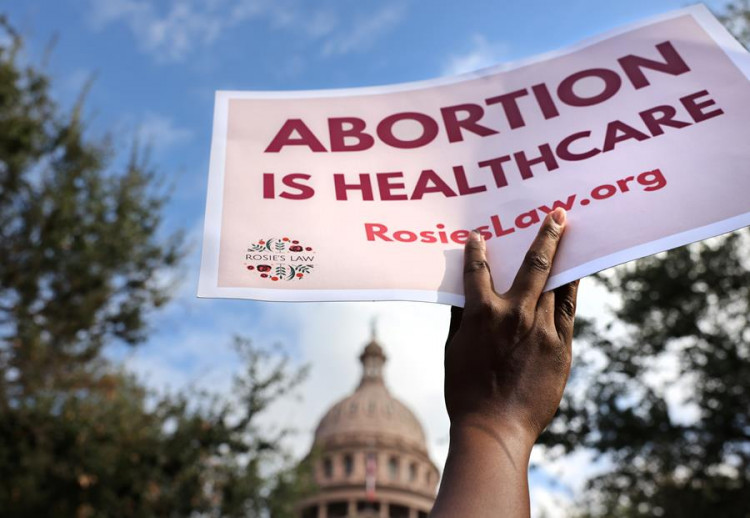The Arizona Supreme Court ruled on Tuesday that the state must adhere to a 160-year-old law that bans nearly all abortions, except in cases where it is necessary to save the pregnant person's life. The 4-2 ruling, which stems from a case revived after the US Supreme Court overturned Roe v. Wade in June 2022, has sparked widespread opposition from lawmakers on both sides of the aisle and has been met with promises of defiance from the state's Attorney General, Kris Mayes.
The Civil War-era law, which can be traced back to 1864 and was codified in 1901, carries a prison sentence of two to five years for abortion providers. The court's decision effectively places Arizona among the states with the strictest abortion laws in the country, alongside Texas, Alabama, and Mississippi, where bans exist with almost no exceptions.
"Today's decision to reimpose a law from a time when Arizona wasn't a state, the Civil War was raging, and women couldn't even vote will go down in history as a stain on our state," Attorney General Mayes said in a statement shortly after the decision was published. She vowed that "no woman or doctor will be prosecuted under this draconian law in this state."
The ruling has drawn criticism from lawmakers at all levels, with President Joe Biden slamming the decision as part of the "extreme" Republican agenda and stating that "millions of Arizonans will soon live under an even more extreme and dangerous abortion ban, which fails to protect women even when their health is at risk or in tragic cases of rape or incest."
Arizona's Democratic Governor, Katie Hobbs, called it a "dark day in Arizona" and urged lawmakers to "do the right thing right now" and repeal the 1864 law "immediately." She also issued an executive order barring county attorneys from prosecuting women and doctors for performing abortions, which she said "still stands."
The court's decision overrides a 15-week abortion ban signed into law by then-Governor Doug Ducey in 2022, less than three months before the US Supreme Court overturned Roe v. Wade. Ducey, a Republican, said the ruling is "not the outcome I would have preferred" and called the 15-week ban a "thoughtful conservative approach" to the "very sensitive issue."
Abortion providers and advocates have warned that the court's decision will have severe consequences for patients in Arizona. Dr. Jill Gibson, chief medical director of Planned Parenthood Arizona, told CNN that the ruling will lead to "absolutely unbelievable consequences for the patients in our community," adding that "providers need to be able to take care of their patients without fear for legal repercussions and criminalization."
The state Supreme Court has delayed enforcement of the law for 14 days to allow plaintiffs an opportunity to pursue other challenges in a lower court, including whether the law is constitutional. Meanwhile, Arizona for Abortion Access, a group of abortion rights organizations, has announced that it has gathered enough signatures for a November 2024 ballot measure that would ask voters to enshrine abortion rights in the state's constitution.
As the fight for reproductive rights continues in Arizona and across the country, the Arizona Supreme Court's decision serves as a stark reminder of the ongoing battle over abortion access in the wake of Roe v. Wade's reversal. With lawmakers, advocates, and providers vowing to continue their efforts to protect access to the procedure, the future of abortion rights in Arizona and beyond remains uncertain.






